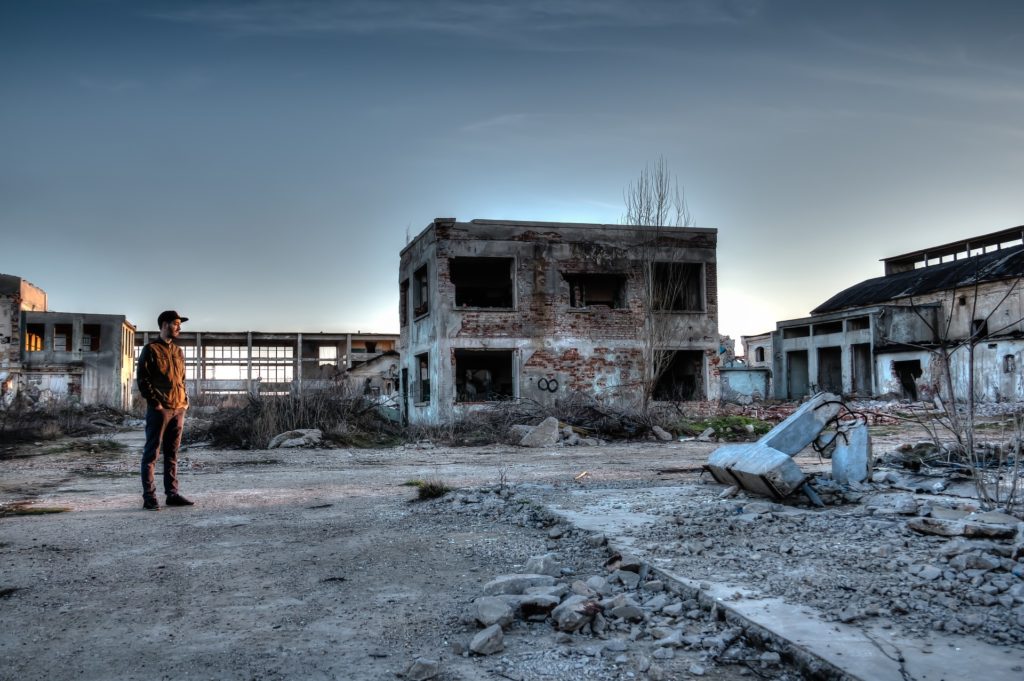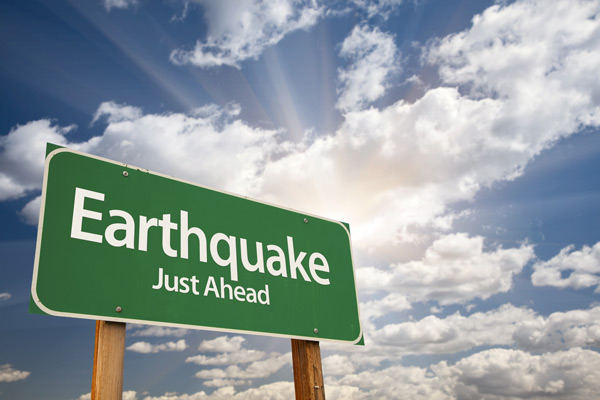 We have all heard it many times before; the impending possibility of having a magnitude 6.7 earthquake is a strong possibility here in California. There is no warning system and it could happen at any time.
We have all heard it many times before; the impending possibility of having a magnitude 6.7 earthquake is a strong possibility here in California. There is no warning system and it could happen at any time.
Also a known fact is; most Homeowners Insurance Policies do not cover damage or losses caused by Earthquakes and believe the cost is too high to purchase Earthquake Insurance. But it does not have to be this way and you may be surprised as to how affordable it can be. You can choose Flexible deductibles, Coverage and Payment options.
Over 80% of homeowners in California do not carry Earthquake Insurance and probably are banking it will never happen to them.
Just like purchasing a Life Insurance Policy; you get it to safeguard against an unlikely or devastating occurrence in your life. A strong Earthquake can cause devastating damage to your Home and property.
Let’s face it; most people probably would not purchase auto or health insurance unless it was required by law. And, most of us are not wealthy enough to recover from a devastating event like an Earthquake. There are no two Earthquakes alike and new faults are being discovered.
Another caution we have is, not to assume that by bolting down items or retrofitting your home is enough. While this is certainly being proactive, it probably would not protect if the foundation below gives way.
As Californians we know we have the best weather in the Country and thus our homes are built in flood zones, on mountainsides and on earthquake faults. You may think just because we do not have torrential rain and tornados we are not at risk. While weather related damage can be devastating, they also come with some kind of warning systems while Earthquakes do not.
Feeling lucky? Don’t! Our luck may be running out…



